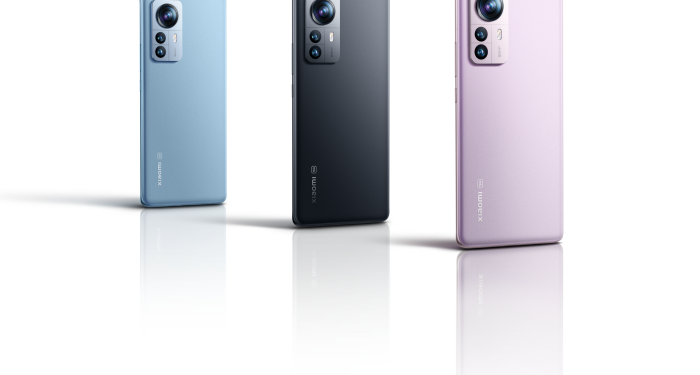China’s zero-Covid policy is undermining its position as the supply chain hub of the world, according to analysts, as lockdowns continue to disrupt production for tech companies.
“As the restrictions are hurting suppliers and logistics operations, companies are moving beyond containing the current crisis and towards diversifying production locations,” Olaf Schatteman, a supply chain expert at the Bain consultancy, told our reporters.
Apple supplier Foxconn said on Wednesday that its revenue could contract by up to 3 per cent this year and it might struggle to raise its operating profit margin as component costs rise and the pandemic persists.
“2022 is a very challenging year,” Liu Young-way, Foxconn chair, told investors on an earnings call, adding that the continued spread of the coronavirus imposed “very big uncertainty”.
Lex comments that Foxconn has other problems: it remains too dependent on its consumer electronics business and is having to make heavy investments to expand into other fields such as electric vehicles and low-end chipmaking.
However, the way it manages its workforce is helping it to handle Covid better than other companies. It said today it had restarted some operations at its Shenzhen plants under a “closed-loop” management that “can only be done on campuses that include both employee housing and production facilities”.
Schatteman said that Foxconn being able to compartmentalise cases and having “A and B teams in place” was giving it a big advantage over smaller tech companies in China, which would be slower to restart production.
The Internet of (Five) Things
1. Avast! — CMA on cyber deal
The UK competition regulator has asked for its concerns to be addressed that an $8bn merger between the US’s NortonLifeLock and the London-listed Avast cyber security companies could reduce competition and raise prices for customers. Lex says the news casts doubt on a deal that was assumed to be as good as done.
2. Big spender Intel
Can Intel spend its way back to chipmaking relevance? asks Lex, as the semiconductor manufacturer unveils plans to invest €33bn in chip production and research across Europe. It is also looking to spend more than $40bn to build and expand chipmaking facilities in the US. This week’s #techAsia newsletter looks at how big-spending China is taking key steps towards semiconductor self-sufficiency.
3. Russian crypto wallets action, Binance Gulf move
Russian individuals and companies hit by sanctions have links to “several hundred thousand” cryptocurrency wallets, according to digital asset data company Elliptic, which said it was collaborating with government agencies seeking to clamp down on such assets. Elsewhere, crypto exchange Binance is setting down roots in the Gulf as it seeks to placate global regulators by establishing a fixed home base and regulatory ties for its international business.
4. VW’s China problem
VW relies on China for at least half of its annual net profits but, worryingly, its flagship electric vehicles have sold less well there than it had hoped as it faces fierce competition from cheap EVs produced by local competitors, reports today’s Big Read.
5. Video: Will older investors ever embrace crypto?
Wealthy millennials favour cryptocurrencies, while few of their older peers hold any at all. This is beginning to change as established institutions offer more access to digital currencies. But they are having to overcome concerns about security and money laundering.
Tech tools — Xiaomi 12 Pro
Chinese smartphone maker Xiaomi launched three versions on Tuesday of its new 12 series handsets for global markets, led by the Pro.
It features a triple-camera array, with a 50MP main wide-angle camera, with 8K recording capabilities. There is also a 115-degree ultrawide and a 2x telephoto, plus a 32MP selfie camera. The screen is a 6.73in OLED panel and the 4,600mAh battery can be fully charged in just 18 minutes. The Pro has 256GB of storage and starts at $999, with a UK launch planned for April.
It is a competitor to Samsung’s Galaxy S22+ flagship phone and undercuts it on price.
James Manning Smith, senior analyst at the CCS Insight research firm, commented: “The new Xiaomi 12 Series phones tick all the boxes for consumers looking for a top-of-the range smartphone. They offer an attractive design, market leading chipset, competitive camera, decent battery life and fast charging. However, these features are rapidly becoming table stakes in the smartphone market and, ultimately, Xiaomi’s key differentiator remains price.”











